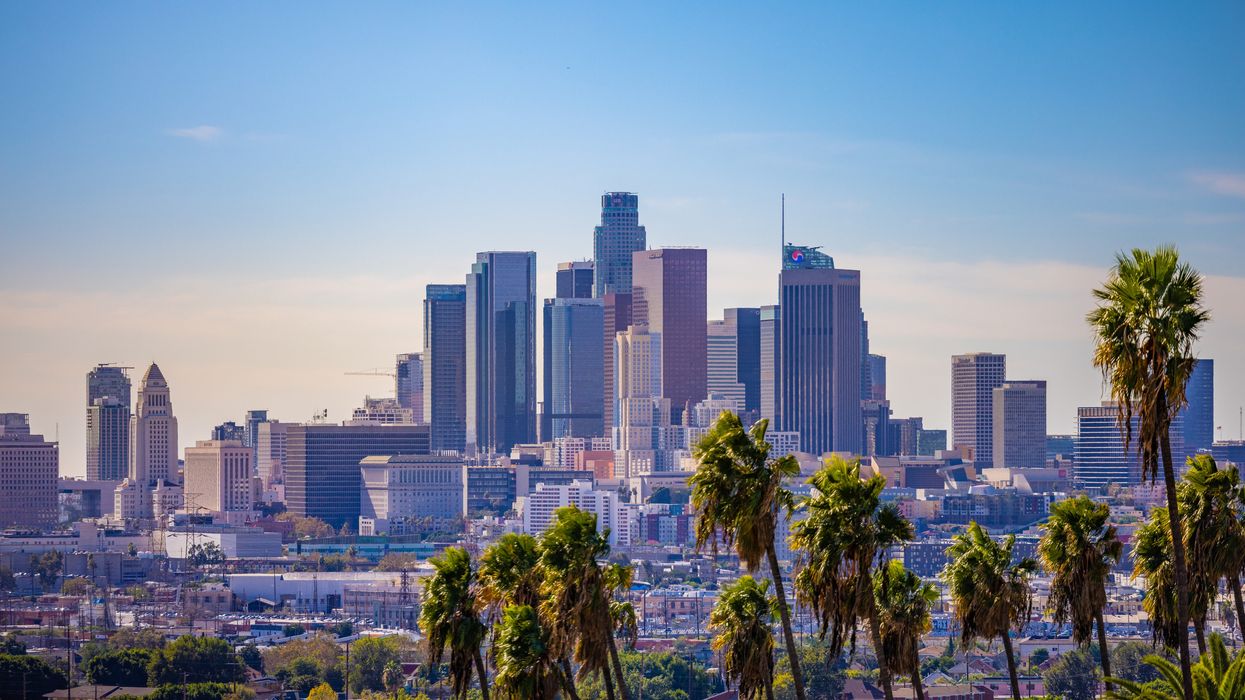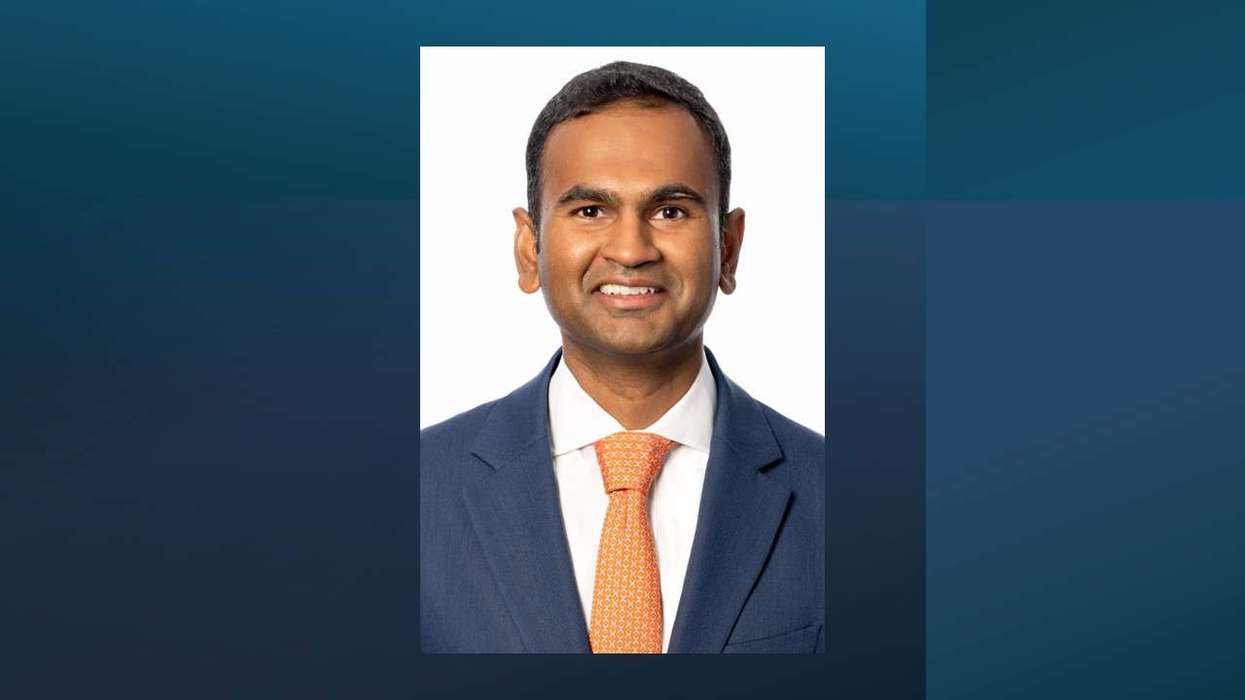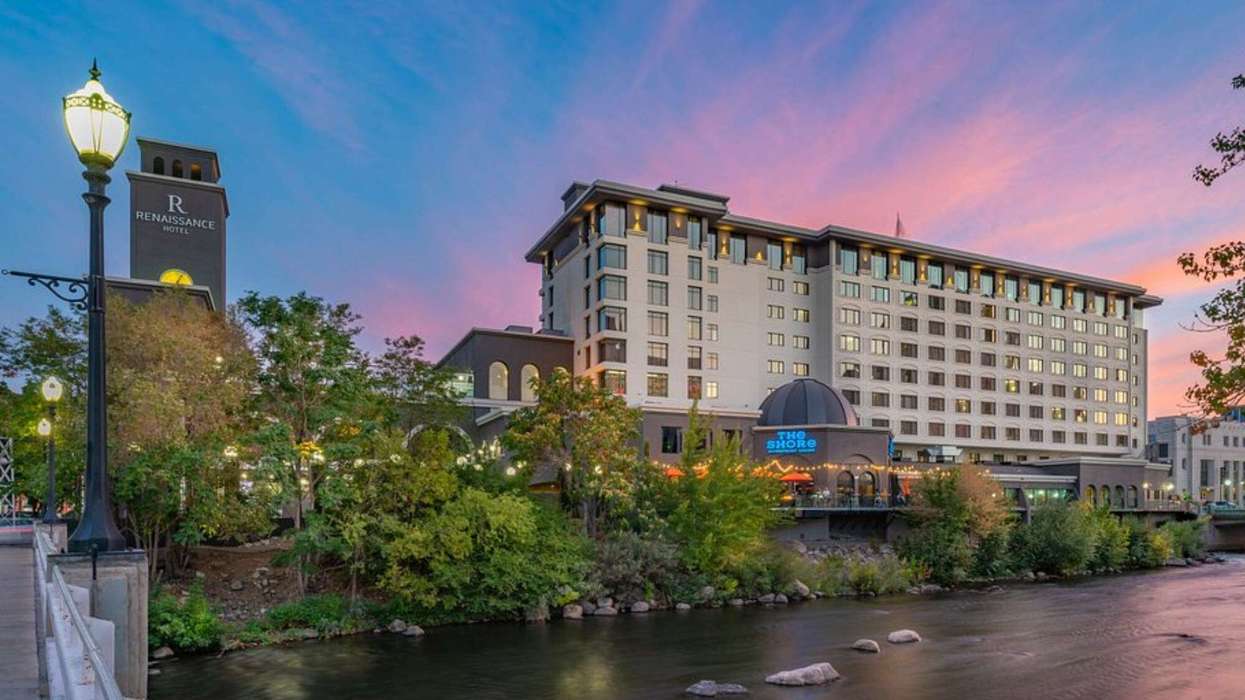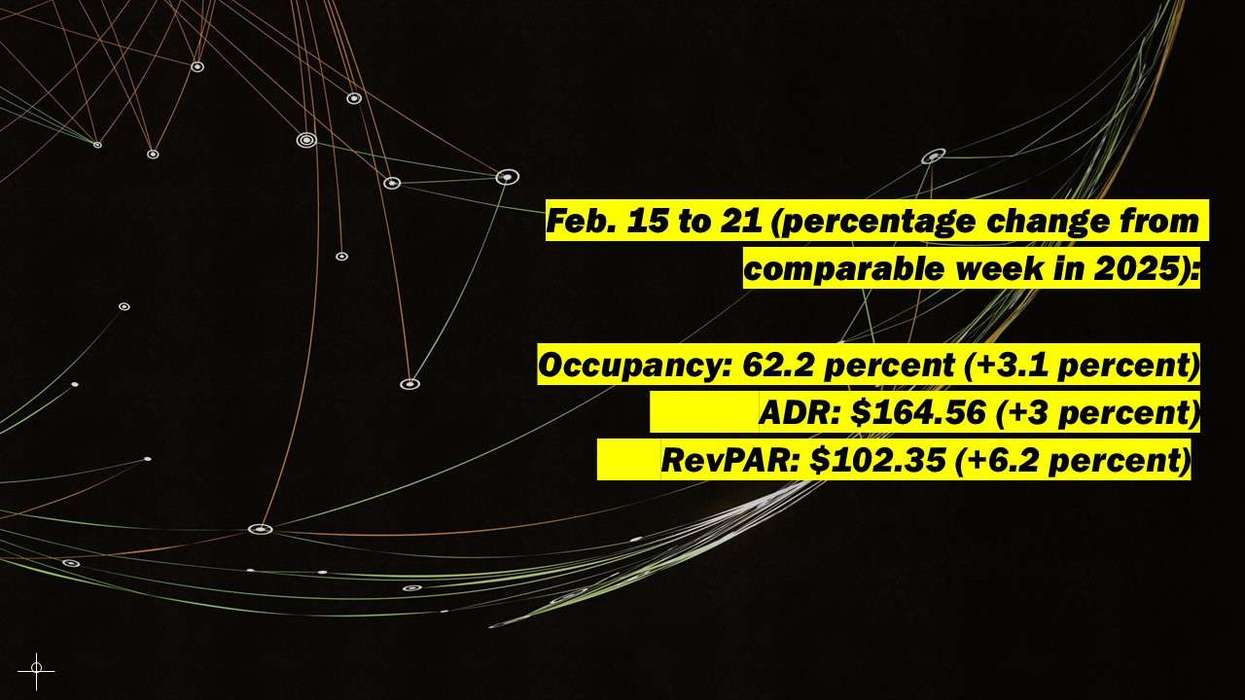THE AMERICAN HOTEL & Lodging Association urged Los Angeles Mayor Karen Bass to veto the proposed tourism wage ordinance, warning it would trigger an “economic tsunami” as Los Angeles tourism struggles with wildfires, stalled international travel and a slow pandemic recovery. A second vote is expected to be held on the ordinance.
The city council approved the measure, requiring hotels with more than 60 rooms and LAX businesses to pay $30 an hour by 2028. That’s an increase of 48 percent for hotel workers and 56 percent for airport employees over three years. If the ordinance becomes law, the fallout won’t be theoretical—it will be felt through pink slips, shuttered hotels, and lost tax revenue, AHLA said in a letter to Mayor Bass.
“City officials themselves have described the current economic environment as one of ‘unprecedented uncertainty’ and ‘full of red flags,’” Rosanna Maietta, AHLA president and CEO, wrote in the letter. “We respectfully urge you to heed those internal warnings. We need the city to promote recovery and stabilize one of our most vital economic engines.”
The association said tourism representatives met with councilmembers and requested meetings with the mayor to seek a compromise benefiting workers and the industry, but these efforts were largely ignored.
Los Angeles tourism faces major challenges: international travel is down 13.5 percent, Canadian visits have dropped more than 70 percent, airlines cut over 320,000 seats at LAX and 11 hotels with more than 3,000 rooms are on lender watchlists, the association said.
“These are not hypothetical threats. They are current realities, and they are crippling the travel and hospitality economy,” said Maietta. “The proposal’s economic toll will extend beyond hospitality, affecting restaurants, event venues, and small businesses that depend on a healthy tourism ecosystem.”
Hotels and airport businesses must also increase hourly pay to cover healthcare, with Council President Marqueece Harris-Dawson expecting the rate to reach $8.35 by July 2026. The wage package passed 12 to 3. A second vote is needed since the approval wasn’t unanimous.
A recent AHLA report warned that Los Angeles is still grappling with pandemic effects and wildfires, with international visitation well below 2019 levels—more than any other major U.S. city.






